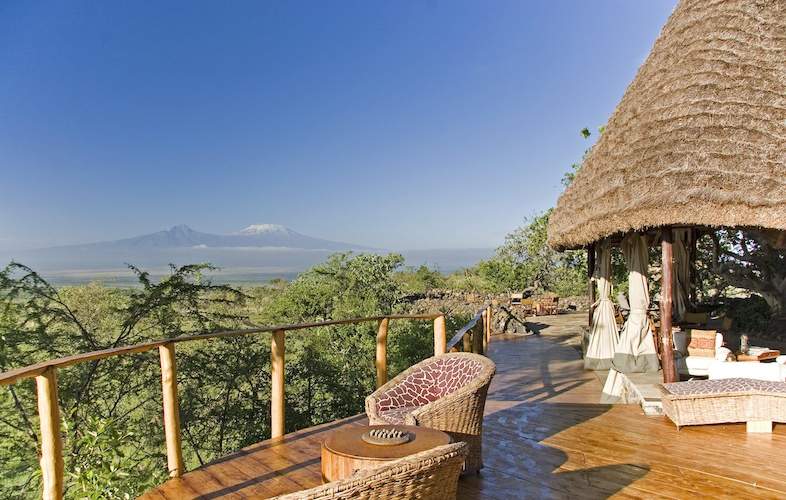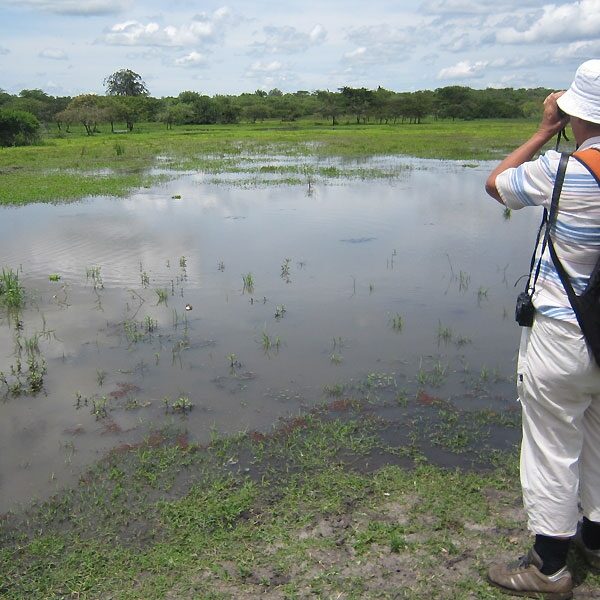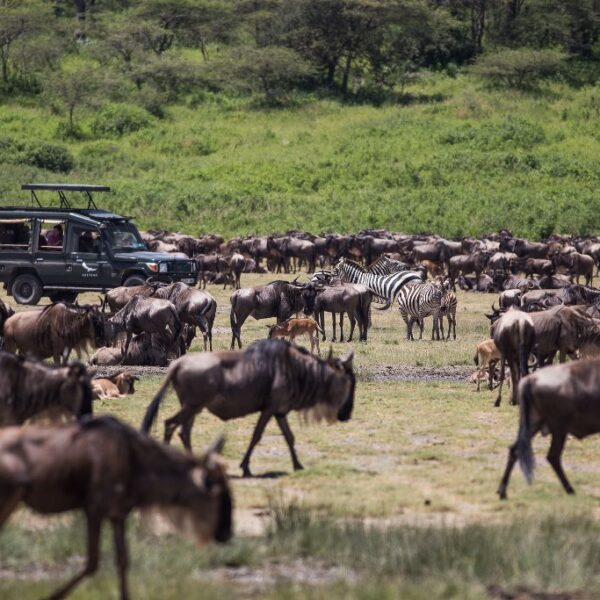Discover Kenya’s Best Eco-Friendly Lodges and Camps; Kenya, with its iconic Maasai Mara, expansive savannahs, lush highlands, and stunning Indian Ocean coastline, remains one of Africa’s most captivating destinations for nature lovers and adventurers. From witnessing the Great Migration to exploring untouched marine parks, the country offers experiences found nowhere else on Earth. But beyond its breathtaking beauty and wildlife wonders, a quiet revolution is taking place—one rooted in sustainability and respect for nature.
A growing number of lodges and camps across Kenya are embracing eco-friendly practices to help conserve the environment, empower local communities, and protect wildlife for generations to come. If you’re planning a safari and want to travel more responsibly, these eco-conscious accommodations offer the perfect blend of comfort, authenticity, and environmental stewardship.
What Are Eco Lodges and Camps?

Eco lodges and camps in Kenya are accommodations designed to minimize environmental impact while maximizing positive contributions to local communities and conservation efforts. Unlike conventional hotels, these lodges use renewable energy sources, sustainable building materials, water-saving technologies, and waste reduction systems. They also engage guests in authentic cultural experiences and wildlife conservation, making your stay both responsible and enriching.
-
Ol Pejeta Bush Camp – Laikipia
Situated on the Ol Pejeta Conservancy, this tented camp is a model of low-impact tourism. Managed by Asilia Africa, Ol Pejeta Bush Camp runs entirely on solar power, uses eco-friendly waste management systems, and contributes to critical conservation work—including protecting the last two northern white rhinos on Earth.
Why stay here:
- Community visits and conservation learning
- Zero single-use plastic policy
- Supports rhino conservation and anti-poaching efforts
-
Basecamp Explorer – Maasai Mara
Basecamp Explorer is more than just a safari camp—it’s a pioneer in community-led tourism. Located near Talek Gate, it partners with local Maasai communities to offer authentic cultural interactions while prioritizing environmental conservation. The camp is powered by solar energy and employs a majority of its staff from surrounding villages.
Why stay here:
- Tree-planting initiative (“Basecamp Maasai Brand”)
- Solar-powered and plastic-free
- Authentic Maasai cultural experiences
-
Lentorre Lodge – South Rift Valley
Tucked into the remote Olkirimatian Conservancy, Lentorre Lodge is fully off-grid and completely solar-powered. Its exclusivity helps preserve the sensitive ecosystem while providing guests with exceptional views of wildlife and the Rift Valley. The lodge invests in community-led conservation and works closely with local Maasai groups.
Why stay here:
- Natural spring water and off-grid sustainability
- Intimate setting with only a few villas
- Supports local land-use rights and wildlife corridors
-
Tawi Lodge – Amboseli
Nestled on a private conservancy with breathtaking views of Mount Kilimanjaro, Tawi Lodge offers a unique mix of luxury and sustainability. It uses solar energy, greywater recycling, and supports the Amboseli Ecosystem Trust. Tawi is deeply involved in both wildlife conservation and community support.
Why stay here:
- Stunning views of Kilimanjaro
- Eco-conscious design and practices
- Supports local education and conservation projects
-
Manda Bay – Lamu Island
For those seeking eco-luxury by the coast, Manda Bay on Lamu Island is a laid-back, barefoot beach lodge that champions sustainable marine tourism. It minimizes water use, supports mangrove restoration, and partners with marine conservation NGOs.
Why stay here:
- Ideal for beach-and-bush combinations
- Low-impact construction using local materials
- Supports turtle conservation and clean-up drives
-
El Karama Lodge – Laikipia
Family-run and set on a private ranch, El Karama Lodge is a hidden gem in central Kenya. The lodge practices regenerative tourism, emphasizing organic farming, rainwater harvesting, and low-footprint wildlife experiences. Its “Eco-Cubby” is a hit with kids and a model for environmental education.
Why stay here:
- Perfect for families and conservation-conscious travelers
- Organic meals sourced from the lodge’s own farm
- Active role in protecting endangered species like wild dogs
Why Choose an Eco Lodge or Camp in Kenya?
Environmental Stewardship
Eco lodges use solar power, rainwater harvesting, and waste recycling to reduce their carbon footprint. Many are carbon-neutral or even regenerative, helping restore ecosystems rather than deplete them. For example, Chyulu Lodge is Africa’s first zero-carbon-emission lodge, leading in regenerative tourism.
Community Empowerment
Many eco lodges are owned or operated in partnership with local communities, ensuring that tourism revenue supports education, healthcare, and infrastructure. Guests often have opportunities to engage with local cultures respectfully, such as Maasai or Samburu visits, which foster mutual understanding and respect.
Unique and Authentic Experiences
Staying at an eco-lodge often means immersive wildlife encounters, guided conservation tours, and cultural exchanges that are not available in conventional hotels. Activities like walking safaris, anti-poaching unit visits, and community-led tours enrich your understanding of Kenya’s natural and cultural heritage.
Supporting Conservation
Kenya’s eco lodges are frequently located within or near conservancies and national parks, directly contributing to wildlife protection. For instance, Lewa Safari Camp focuses on rhino conservation and offers horseback safaris, while Mara Plains Camp provides exclusive wildlife experiences in private conservancies
Tips for Choosing Eco-Friendly Accommodation in Kenya:
With the growing number of sustainable lodges and camps, it can be helpful to know what to look for when planning your trip. Here are some key tips to ensure your stay supports conservation and local communities:
- Check for Eco Tourism Kenya Certification
Look for accommodations rated by Eco Tourism Kenya, a trusted body that assesses lodges based on their sustainability efforts. Certified properties are awarded Bronze, Silver, or Gold eco-ratings depending on how well they balance environmental, economic, and social responsibility. - Ask About Renewable Energy Use
Eco-friendly lodges often use solar power, energy-efficient lighting, and sustainable building materials. Choosing properties that rely on renewable energy helps reduce your carbon footprint during your stay. - Support Community-Driven Camps
Opt for lodges that actively engage with and employ local communities. Many eco-camps partner with nearby villages to offer cultural experiences, education programs, and economic opportunities—ensuring tourism benefits more than just the environment. - Inquire About Waste & Water Practices
Responsible waste management, plastic-free initiatives, and water conservation (such as greywater recycling and low-flow fixtures) are signs of a lodge’s true commitment to sustainability. - Look for Low-Impact Design
Accommodations built with natural, locally sourced materials and designed to blend into the landscape usually have a smaller environmental footprint—and often offer a more immersive experience.
Final Thoughts
Choosing to stay at an eco-lodge in Kenya does more than just reduce your environmental footprint—it plays a meaningful role in protecting Africa’s extraordinary biodiversity and uplifting the local communities who call these landscapes home. These lodges and camps are not only designed to tread lightly on the land, but they also serve as hubs for conservation, cultural preservation, and sustainable development.
Whether you’re tracking lions across the vast plains of the Maasai Mara, watching herds of elephants roam beneath the shadow of Mount Kilimanjaro in Amboseli, or unwinding on the serene beaches of the Indian Ocean, eco-friendly travel offers a more thoughtful, rewarding, and responsible way to experience Kenya’s natural beauty. By choosing sustainable accommodation, you’re helping to ensure that Kenya’s wild places remain unspoiled for generations to come.



